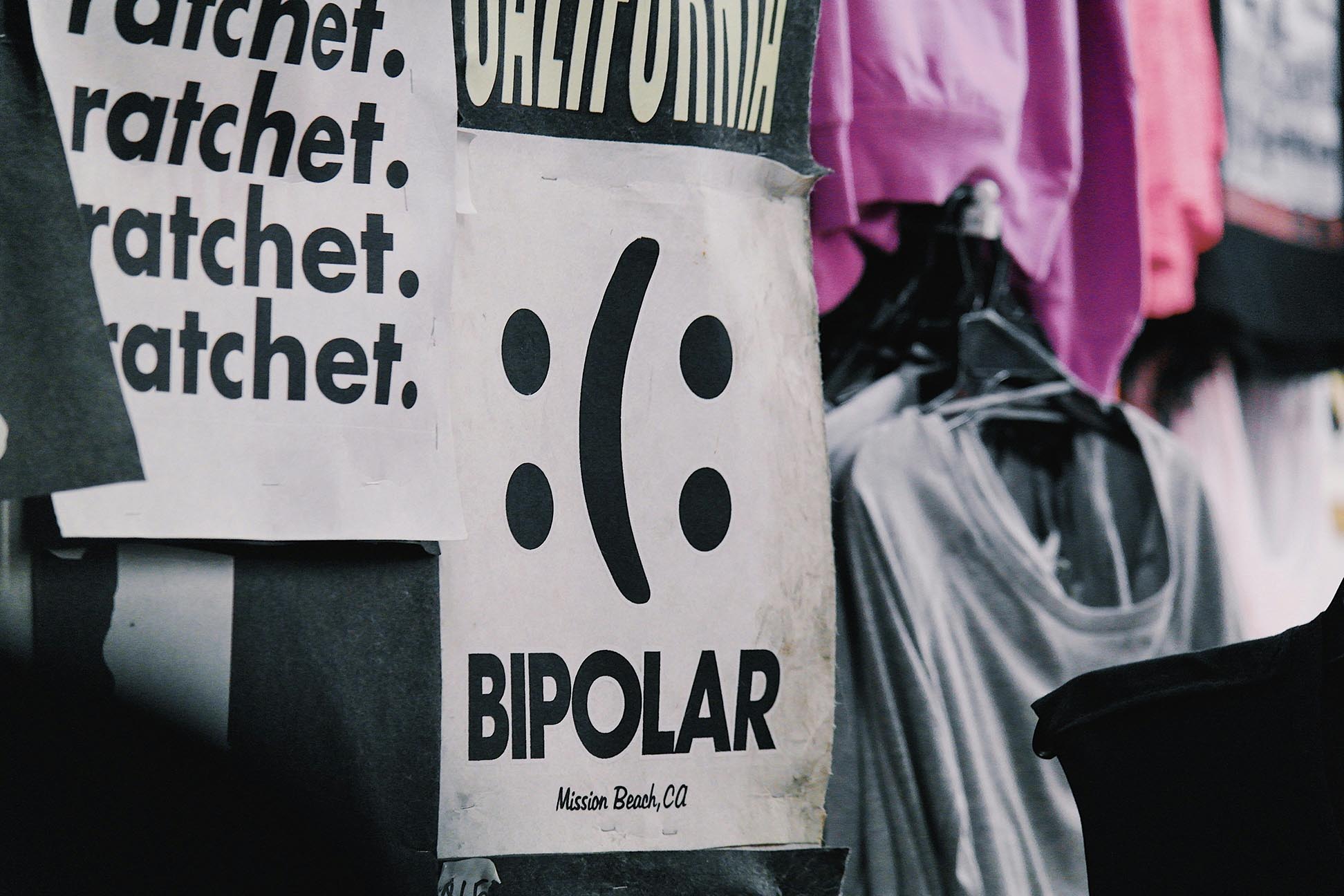24.12.2024
Bipolar disorder

Bipolar affective disorder, previously known as manic-depressive disorder, is characterized by two or more episodes in which the mood and activity levels of a person are drastically changed. These changes consist of increases in mood and activity, mania and hypomania, and decreases in mood and activity, depression. Hypomania is a less intense form of mania.
Manic and depressive episodes drastically affect the life of the person and disrupt their normal functioning. Unlike normal fluctuations in mood, with this disorder, the changes are very drastic, and the mood is highly polarized. The symptoms disrupt interpersonal relations and the ability to function at work or in school. Other comorbid mental disorders often accompany bipolar disorder. Sometimes, the symptoms of mania can be followed up by psychotic symptoms like hallucinations and delusions.
In both cases, these mood changes negatively affect sleep, judgment, behavior, and concentration.
Bipolar disorder can be chronic (persistent and constantly recurring) or episodical (recurring in irregular time intervals). A person with bipolar disorder can have episodes of mania, episodes of depression, and mixed episodes. Symptoms and disorder progression significantly vary depending on the specific case, but an episode usually lasts at least two weeks, every day, for most of the day. Feelings during the episode are intense, and other people notice the changes. Episodes and changes can appear once every few years with some people, while with others, they may appear a few times a year. Between two episodes, there is usually a period of emotional stability. Studies suggest that episodes will occur more frequently without adequate treatment over time.
Symptoms:
Mania is characterized by elevated pleasure, good mood, self-confidence, sociability, energy, impulsiveness, irritability, and uncooperativeness. Impulsive behavior often leads to life problems such as excessive spending, inappropriate sexual activities, and issues in social and work life. Inability to maintain attention and easy distractibility are often present. Self-confidence is often grandiose and exaggerated, leading to reckless, impulsive, and inappropriate behavior.
Depression is different from normal sadness because it prevents the person from functioning normally in their daily life. It is characterized by feelings of excessive regret, insomnia, sleeping too much, problems with concentration, uncontrolled negative thoughts, poor appetite, nervousness, feelings of helplessness, increased alcohol consumption, reckless behavior, increased fatigue, thoughts that life is not worth living. You can read more about depression here (ink).
Treatment:
Unfortunately, there isn’t currently a clear solution or medicine that could be developed that would allow for the complete healing of bipolar disorder. Still, the treatment being used can help those who suffer from even the most extreme forms of this disorder to overcome many difficulties and live a happy and fulfilled life.
Medicaments are used to regulate the symptoms of bipolar disorder, and sometimes, it is necessary to try multiple medicines to see which one functions for the specific person. These medicines are usually mood stabilizers and antipsychotics. Antidepressants are typically used for depressive episodes but must be combined with mood stabilizers. By themselves, they may cause complications.
It is necessary to take medication for this disorder in agreement with and under the supervision of a doctor or psychiatrist. Quitting medicament therapy on one’s own accord can also cause complications.
Psychotherapy can significantly help with support, education, gaining skills for overcoming problems and understanding emotions, thoughts, and behaviors. Some forms of psychotherapy can prove to be very useful to people suffering from bipolar disorder or their closest people. It is essential to understand that psychotherapy is a broad field with many modalities and depends on the specific therapist and case.
If you have doubts that you or someone you know might be suffering from this disorder, seek advice from an expert so that you can better understand this state and the potential treatment methods.
Written by: Bachelor of Psychology, Aleksa Holcer.
Bipolar disorder - Symptoms and causes. (n.d.). Mayo Clinic. https://www.mayoclinic.org/diseases-conditions/bipolar-disorder/symptoms-causes/syc-20355955
Bipolar disorder. (n.d.). National Institute of Mental Health (NIMH). https://www.nimh.nih.gov/health/publications/bipolar-disorder
ICD-10 version:2016. (n.d.). https://icd.who.int/browse10/2016/en#/F30-F39
This text is intended for informational purposes only. If you experience any symptoms, it is recommended to seek advice from your doctor or a qualified healthcare professional.
Your trusted partner in finding medical information. We offer access to reliable resources and make it simple for you to get in touch with qualified medical service providers. Our goal is to assist you in achieving optimal health through dependable information and ongoing support, whether it's advice, a physical examination, or expert consultation.